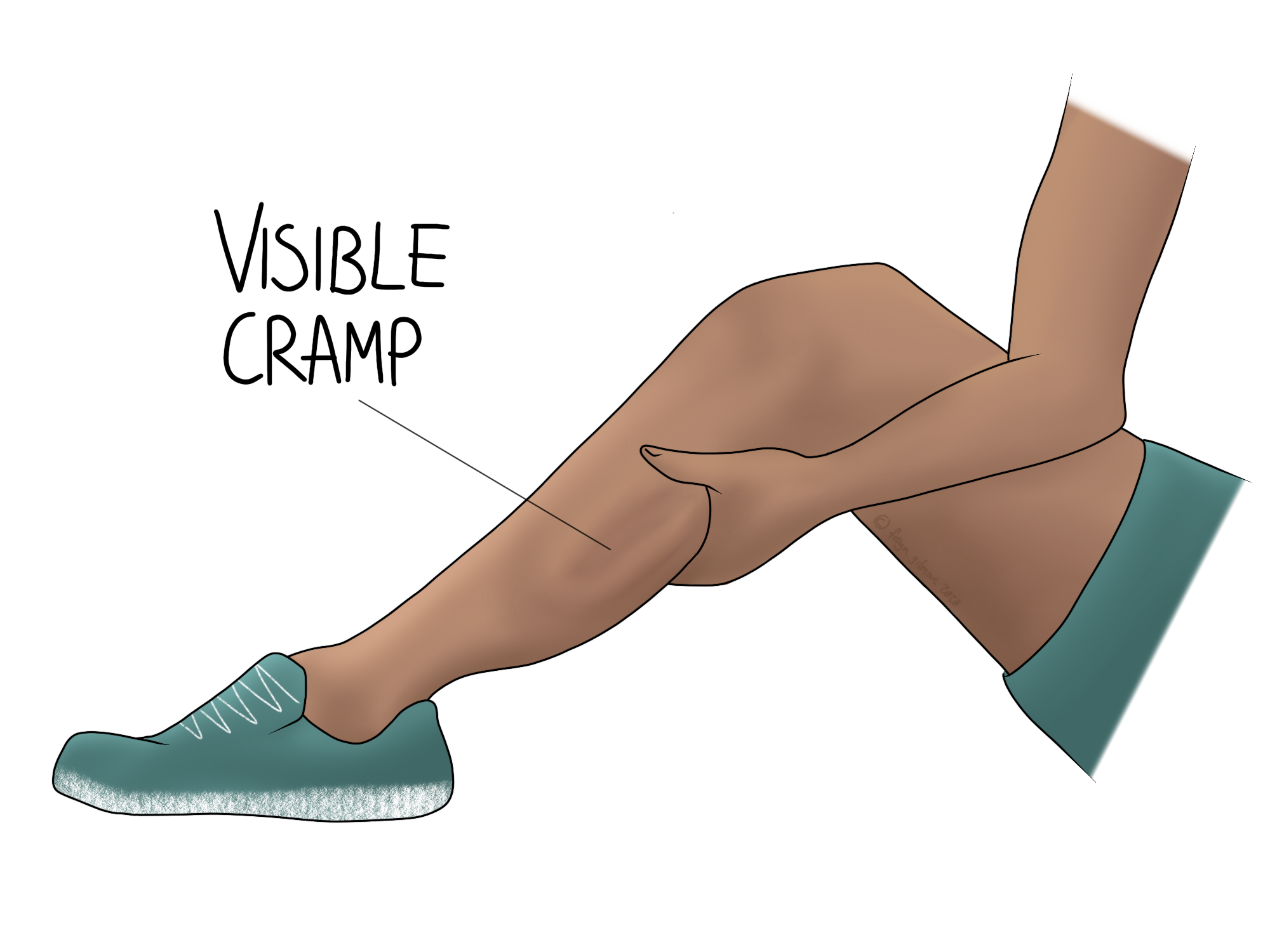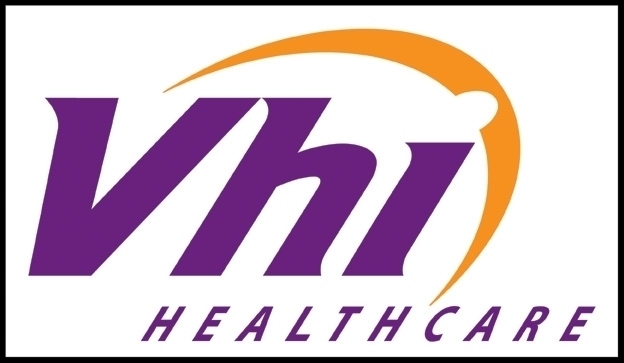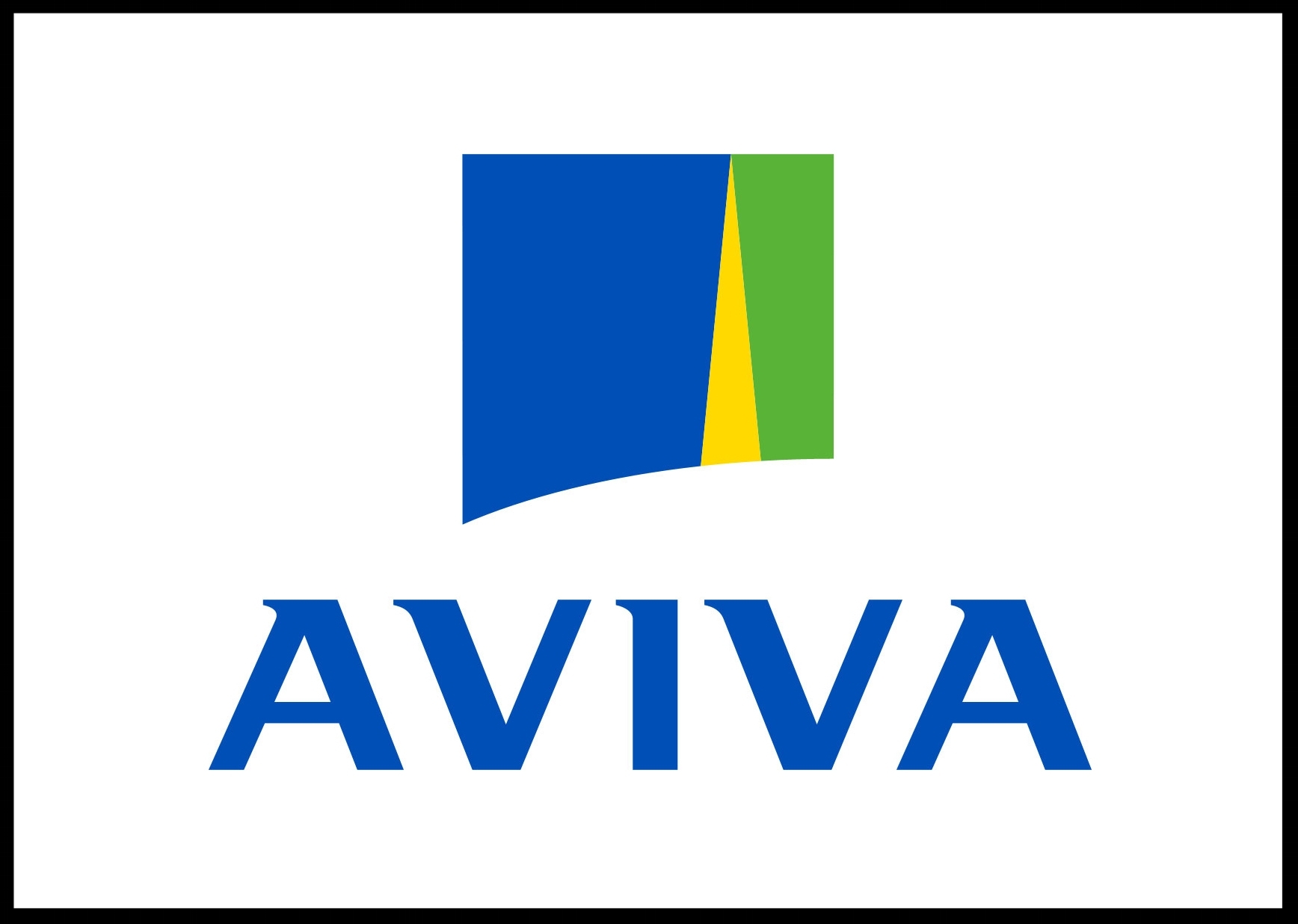Most of us experience a cramp every now and then, but if you suffer from them frequently, you might be after some intervention. Osteopathy may be able to help.
What is a Cramp?
A cramp is defined as “a painful involuntary spasmodic contraction of a muscle”. Usually this is quite quick to resolve on its own, but for some people it can be painful, with the ache lingering long after the muscle has relaxed. Cramps most often occur overnight, especially in the calf muscles. Athletes may experience cramps in other areas depending on their sport, and this is more likely to occur during or immediately after exercise.
Although there are similarities, a cramp is not the same as a muscle “knot”. A knot is a tight area of muscle that is likely tender to touch. Typically it would last longer than a cramp, and might respond well to heat or massage.
People Most Affected by Cramps
Research suggests that a range of people are at higher risk of developing cramps:
Over 60 year olds
Pregnant women (especially later on in pregnancy)
Athletes, particularly if training in hot environments
People with COPD
Frustratingly, there is a lot we don’t know about why these people are affected.
Potential Causes and Management
Despite the prevalence of cramps, we still don’t fully understand them. Although athletes are more affected than the general population, and there appears to be a link with high temperatures, cramp is not actually associated with dehydration or electrolyte imbalance. General stretching may help, but it has been noted that stretching just before exercise has little effect. By this token, osteopathic muscle work on a preventative basis my be beneficial.
In pregnancy, there are a number of theories for what might cause cramps. Aches and pains are common in the back of the legs anyway, as the centre of gravity moves forwards with the growing bump and puts more demand on these muscles. Fatigue could therefore be a factor. Pregnancy is also a period in which nerve irritation can increase, such as carpal tunnel syndrome. One reason for this is that fluid retention adds compression to the nerve in the wrist- something similar could happen in the calves to predispose cramp.
We can’t change your centre of gravity in pregnancy, but we may be able to help the muscles to manage the demands better. Ensuring that other areas are working well, and providing exercises to strengthen the affected muscles may help. Treatment itself can also involve massage to the overworked muscles for symptomatic relief.
Simple nocturnal calf cramps are one part of the picture that does seem to respond well to intervention. Medications have little effect, but massage and stretching can help to manage the symptoms. We can provide you with a treatment and exercise plan which can be adjusted over time as things improve.






